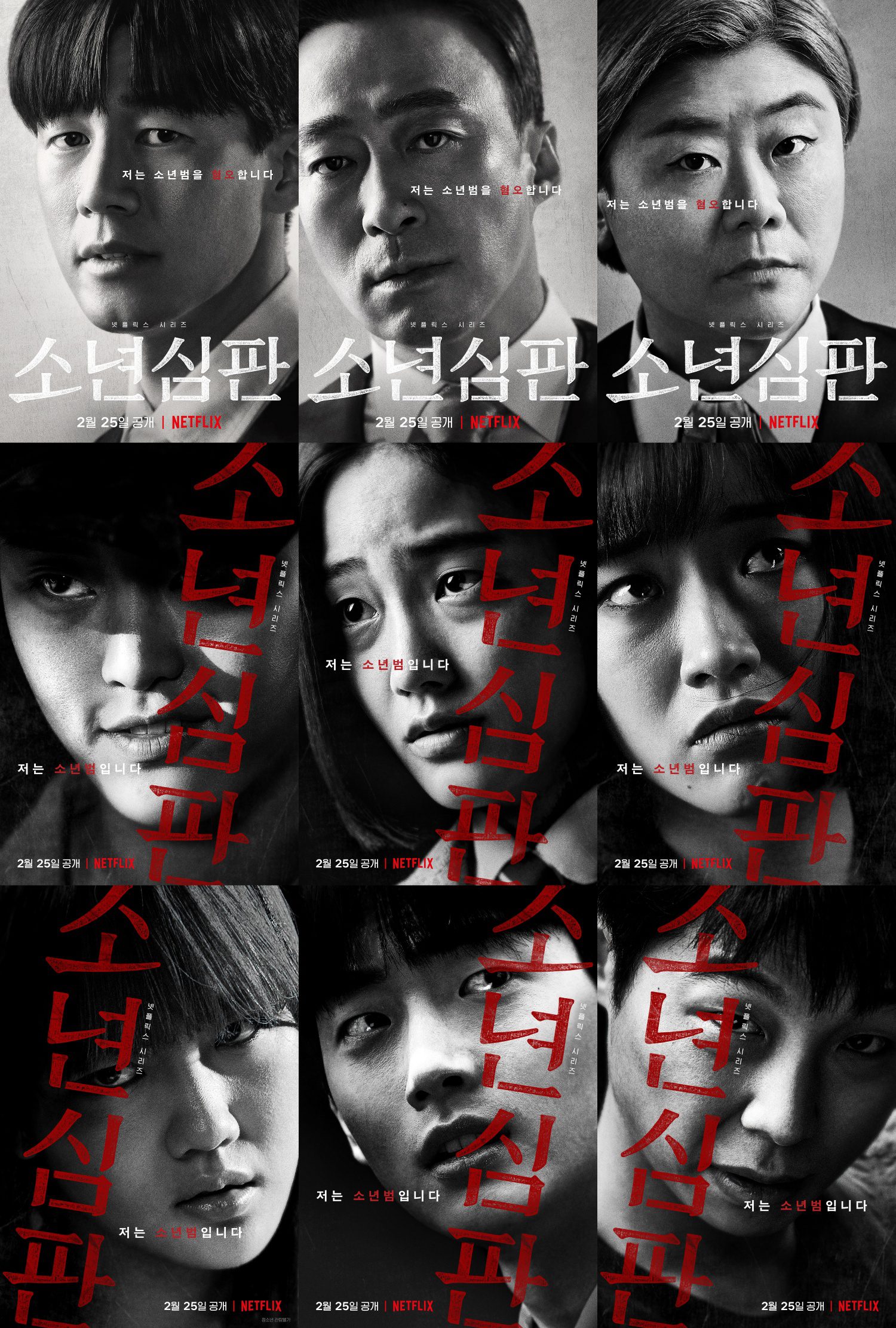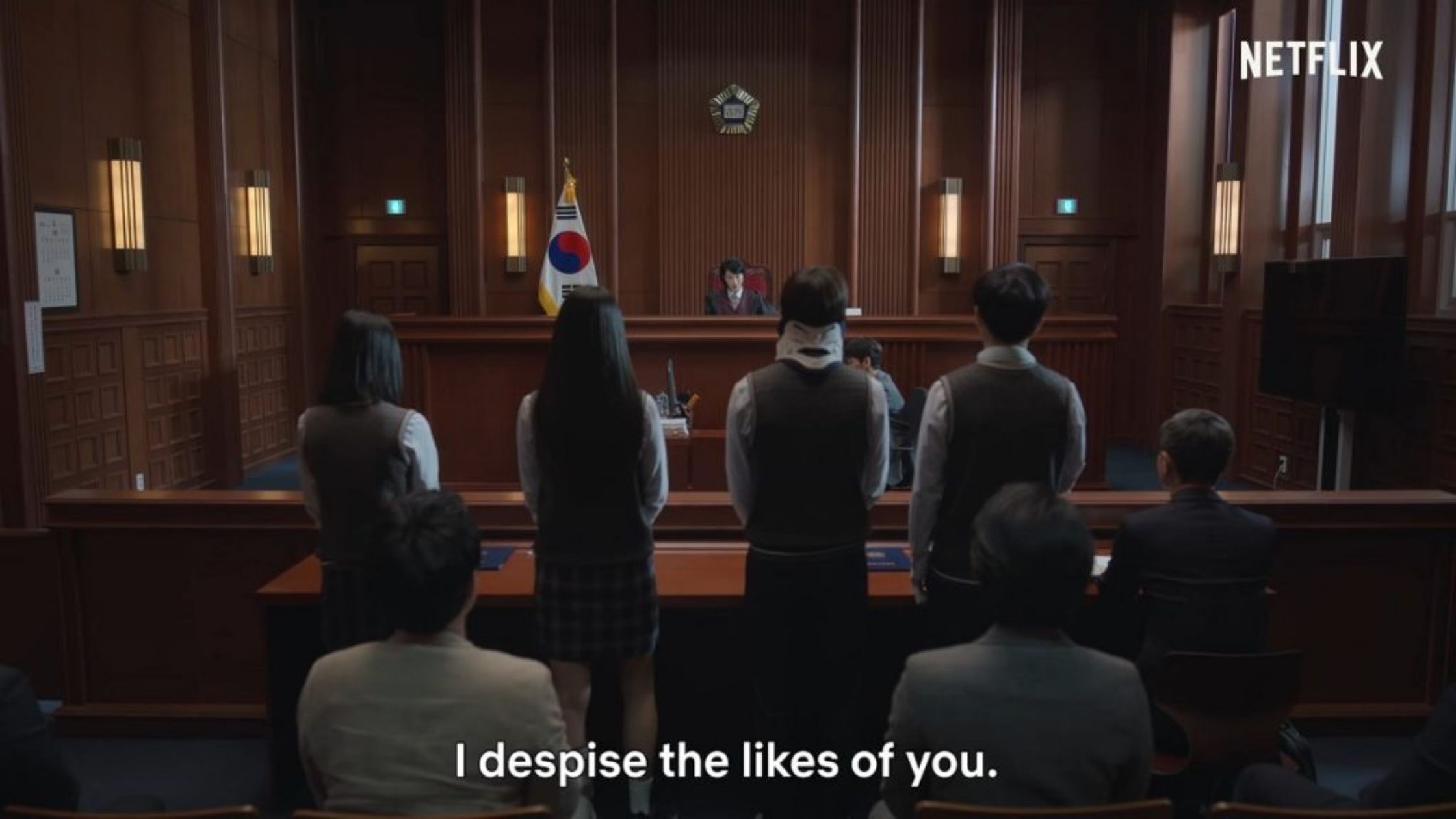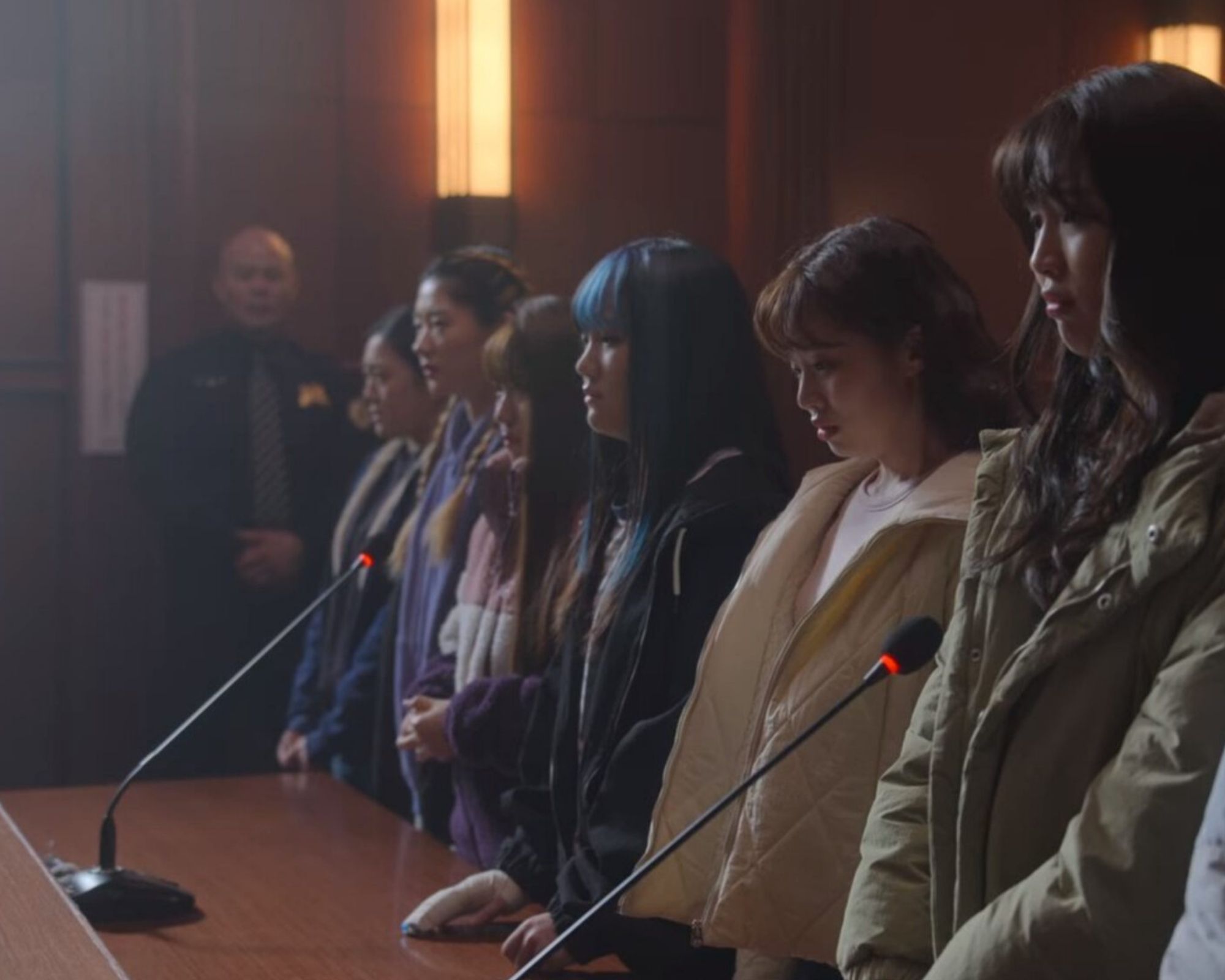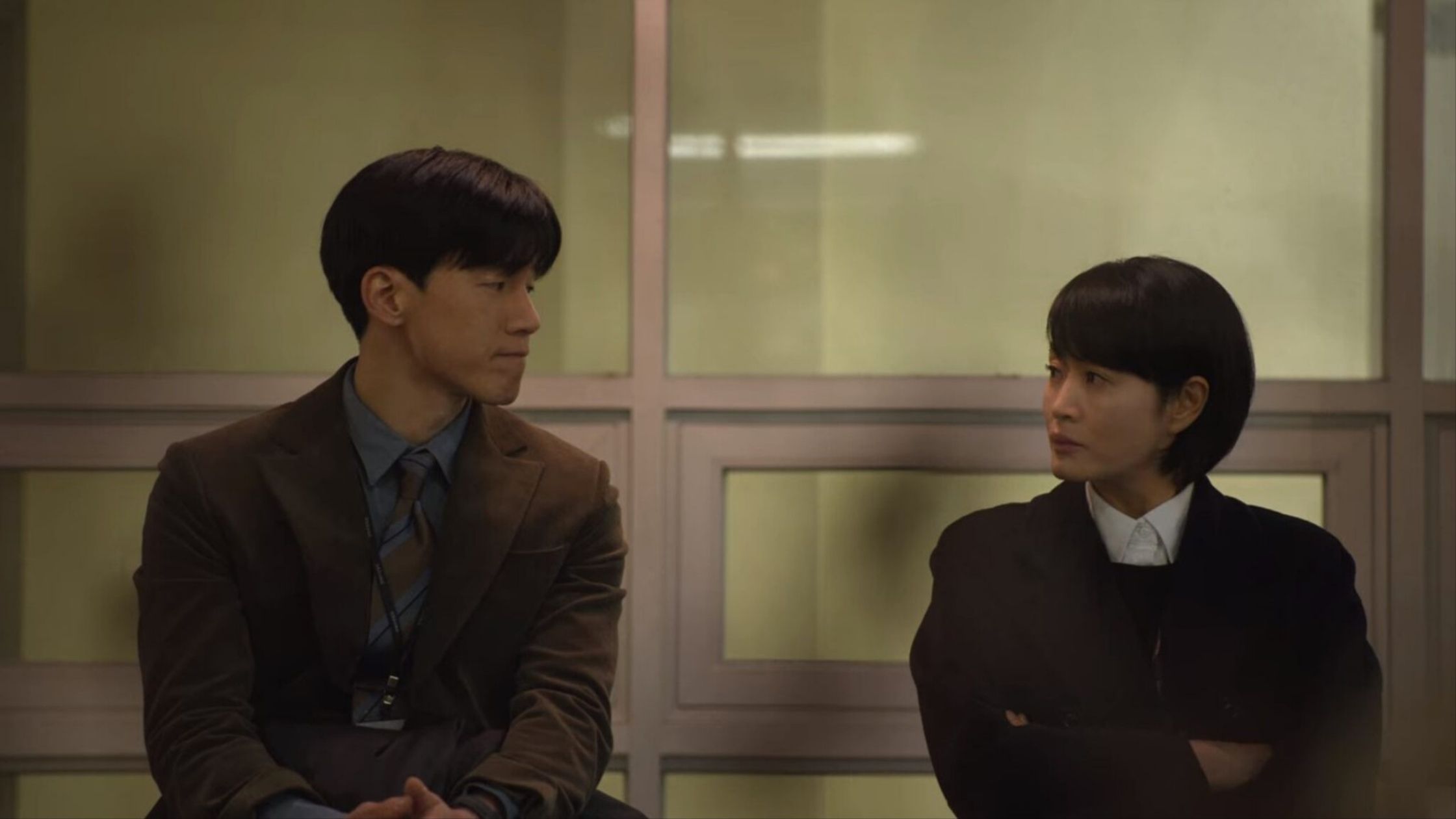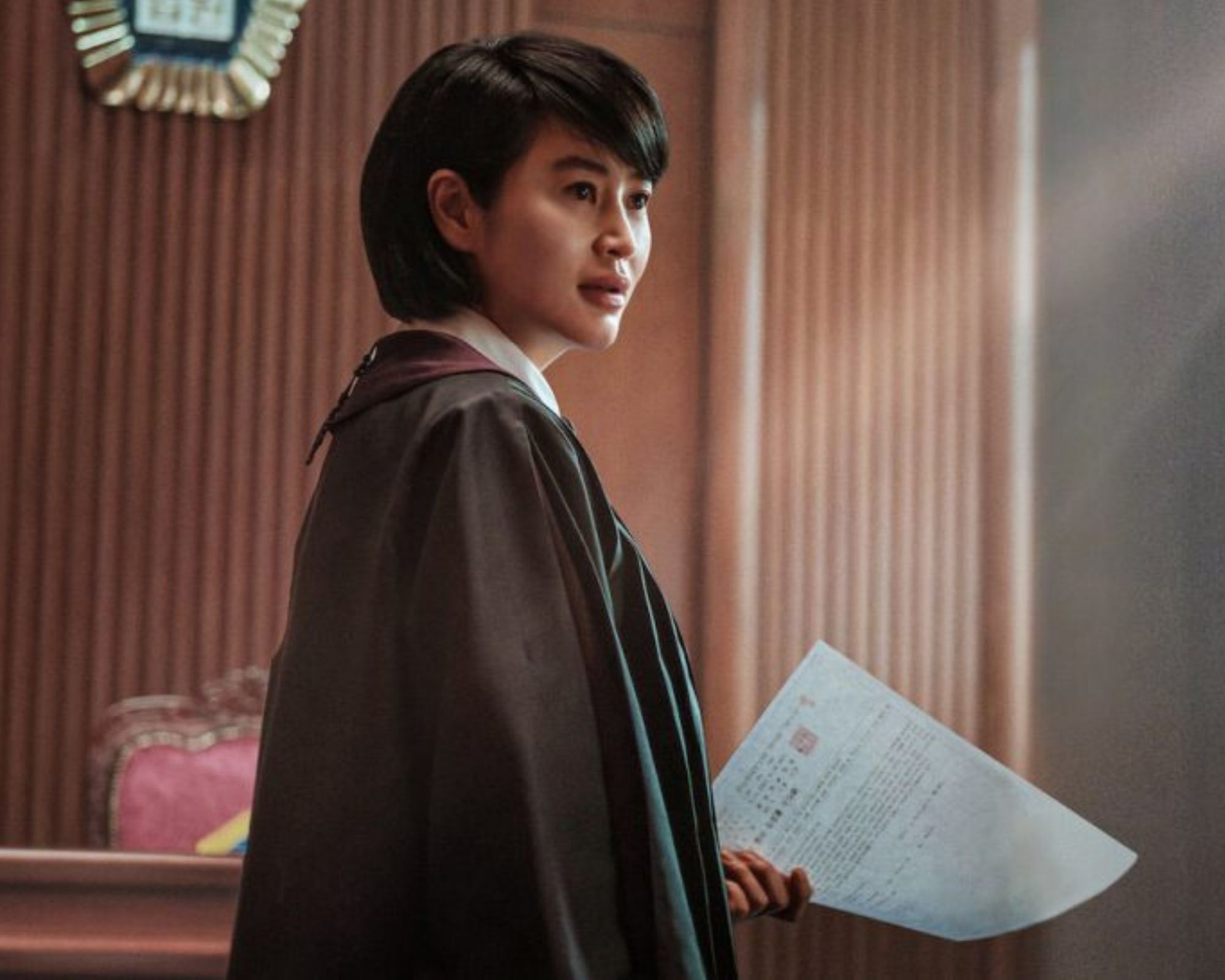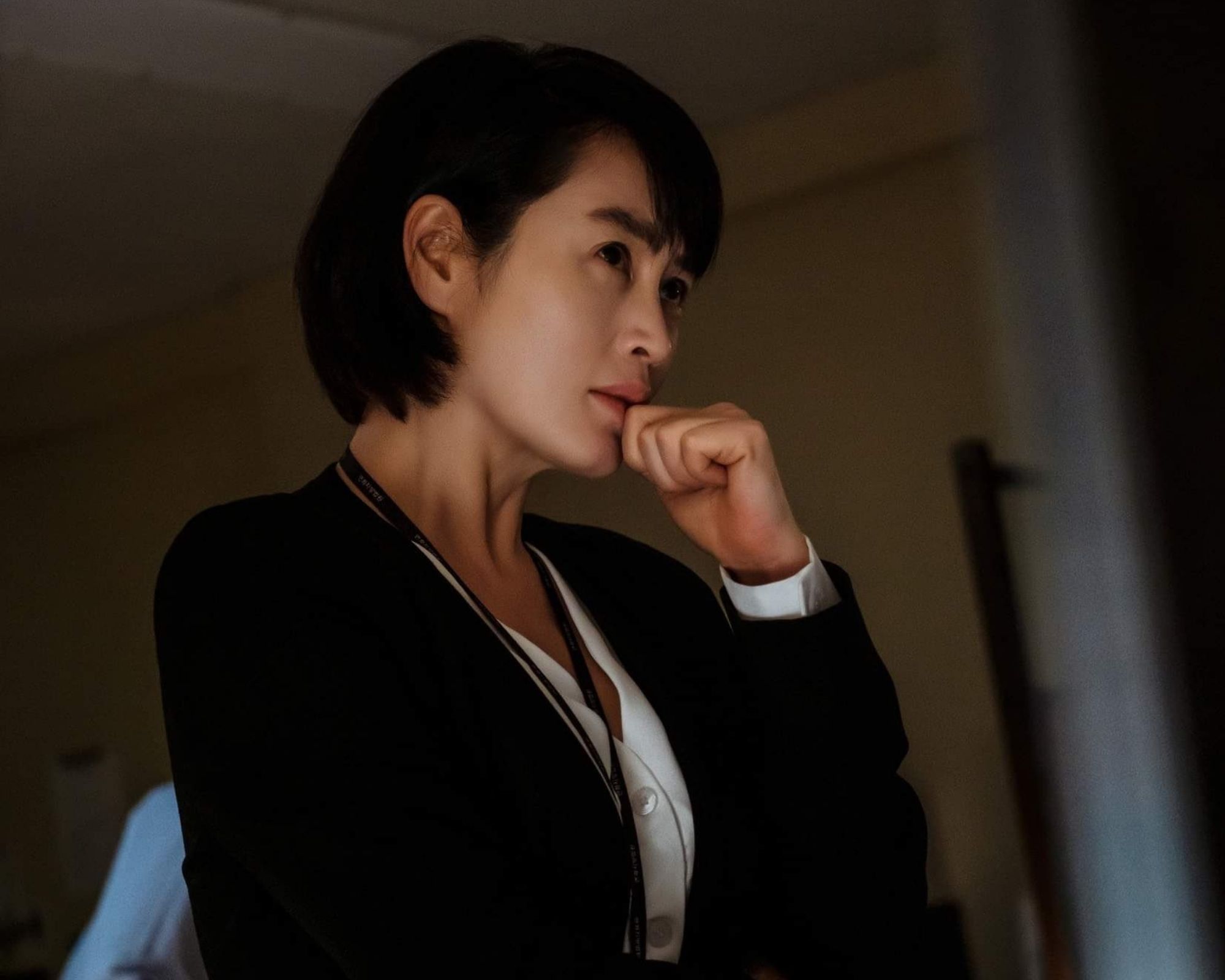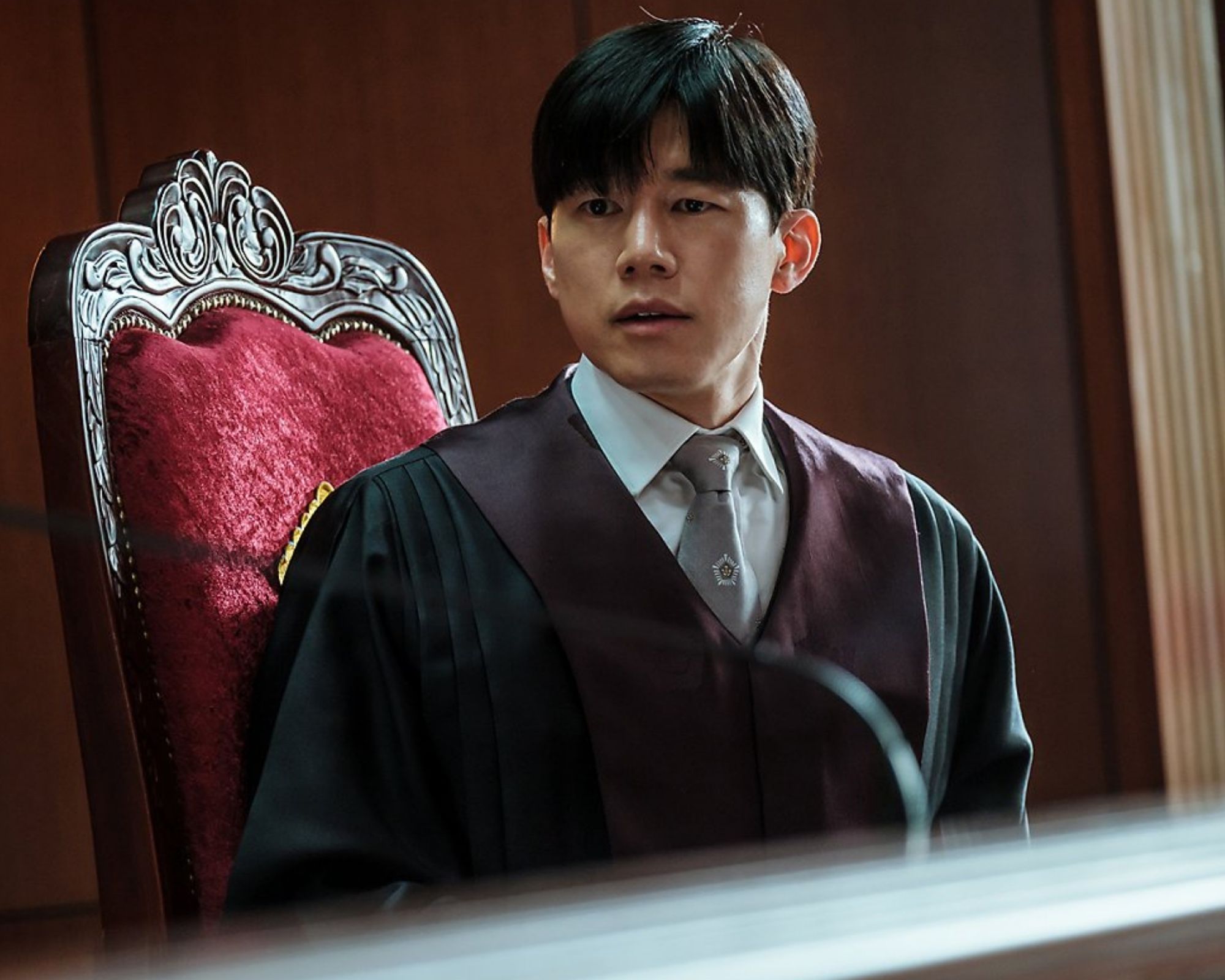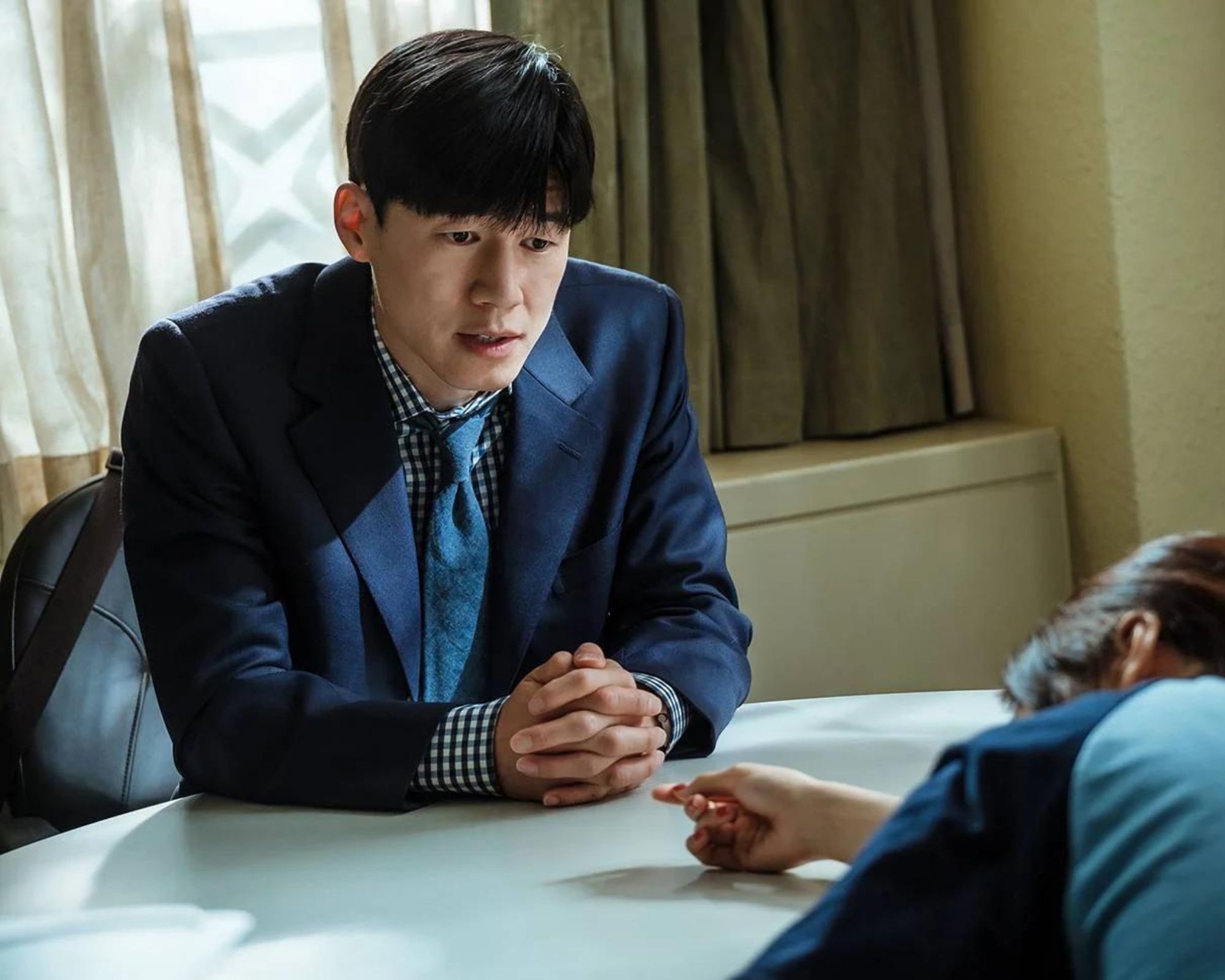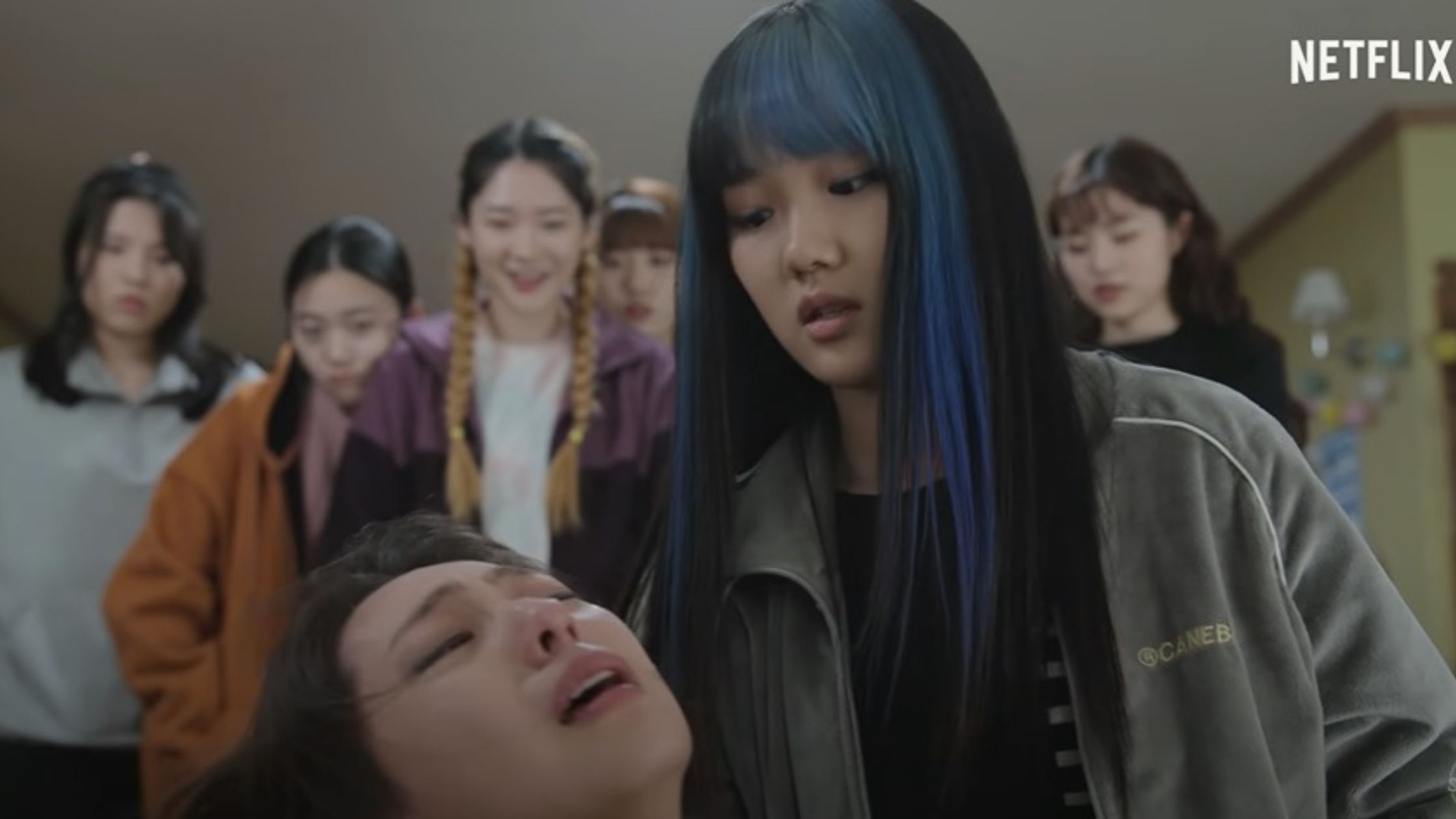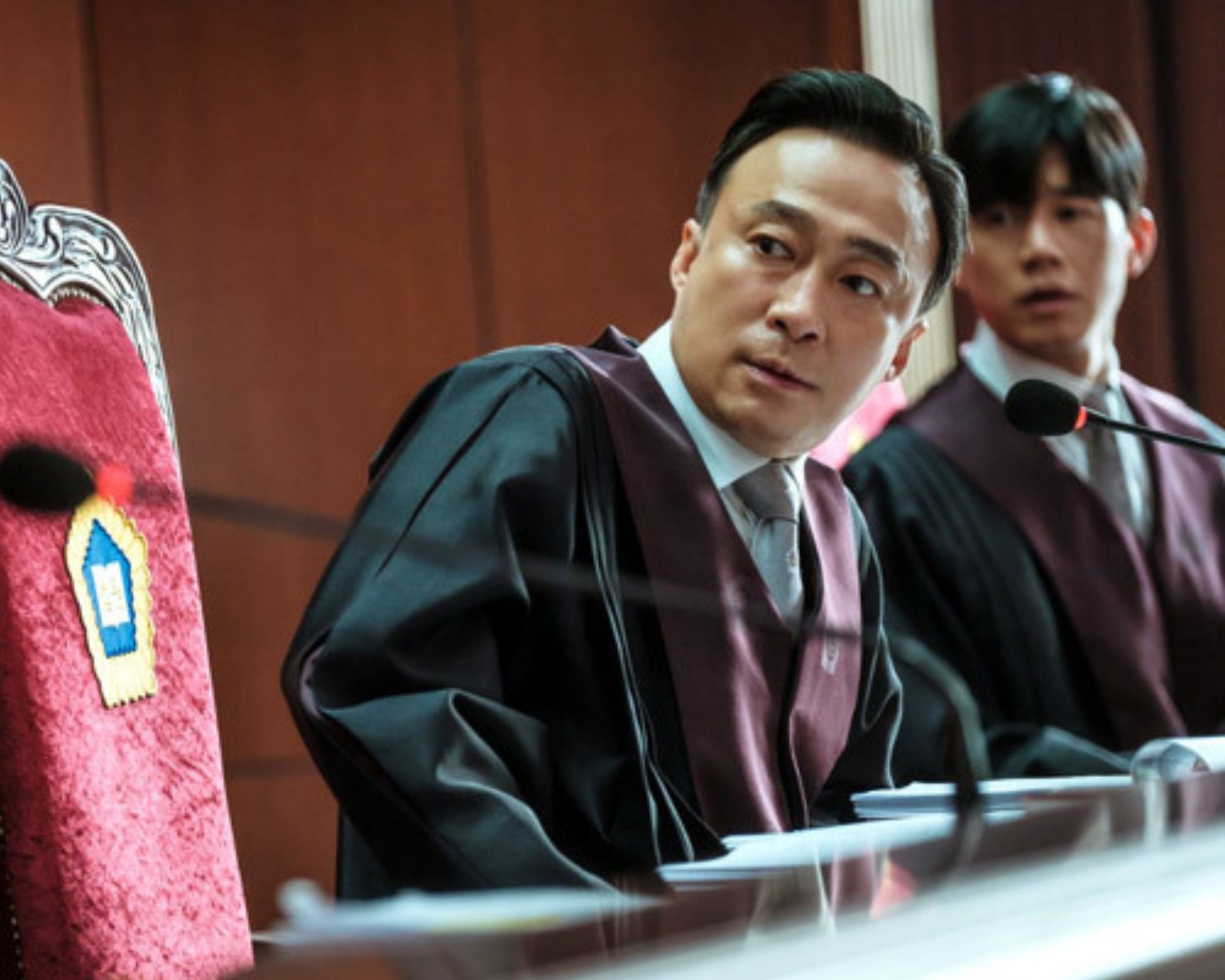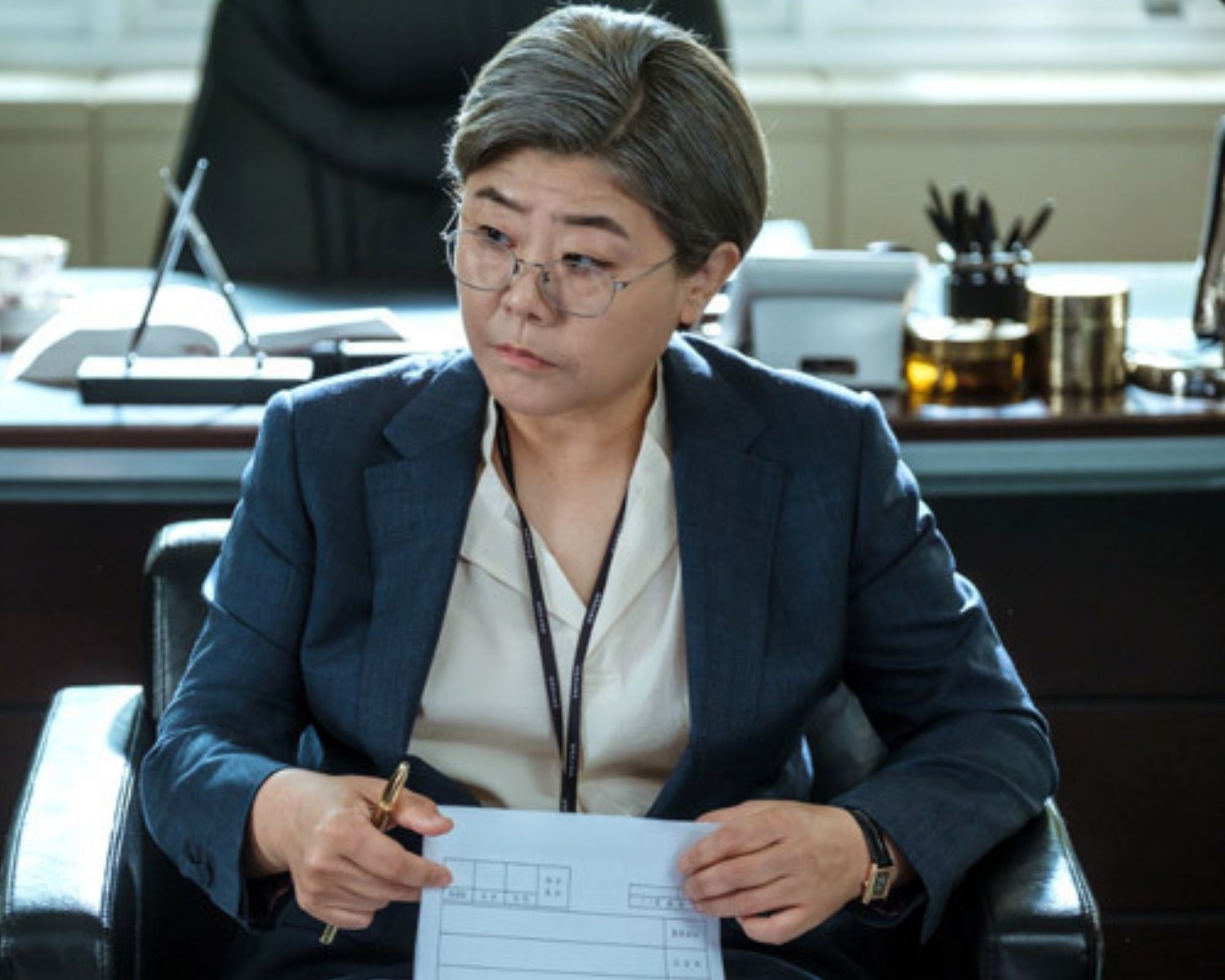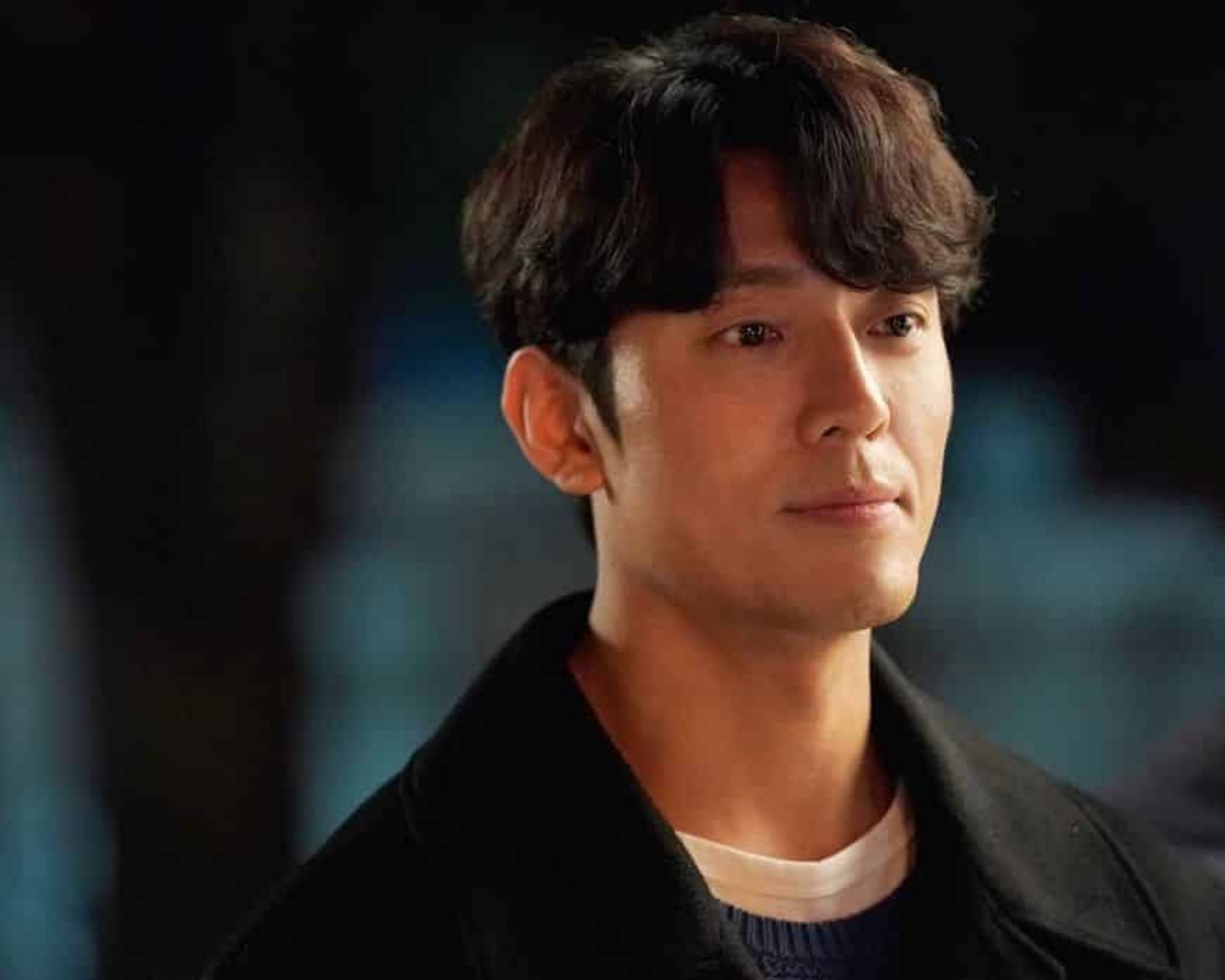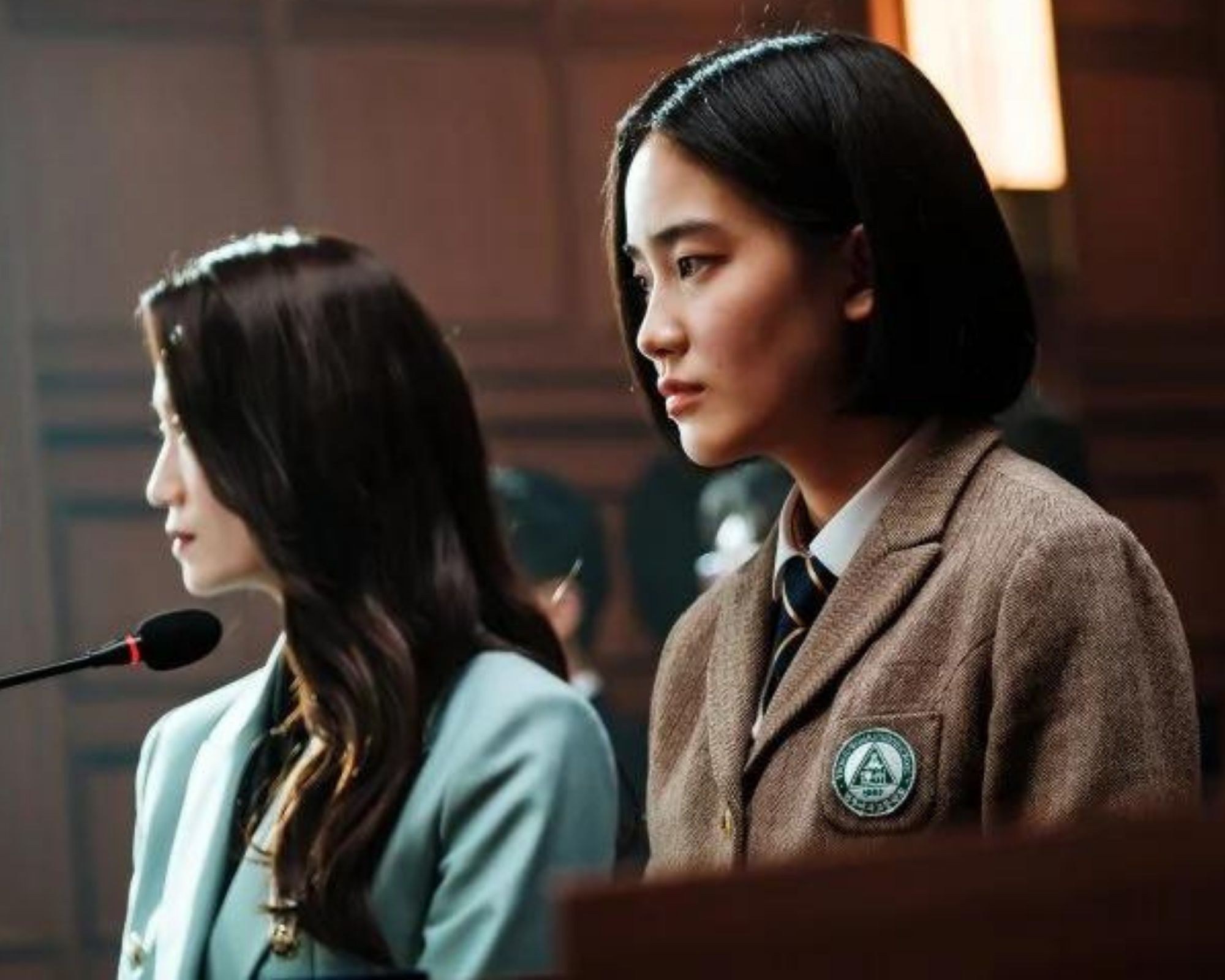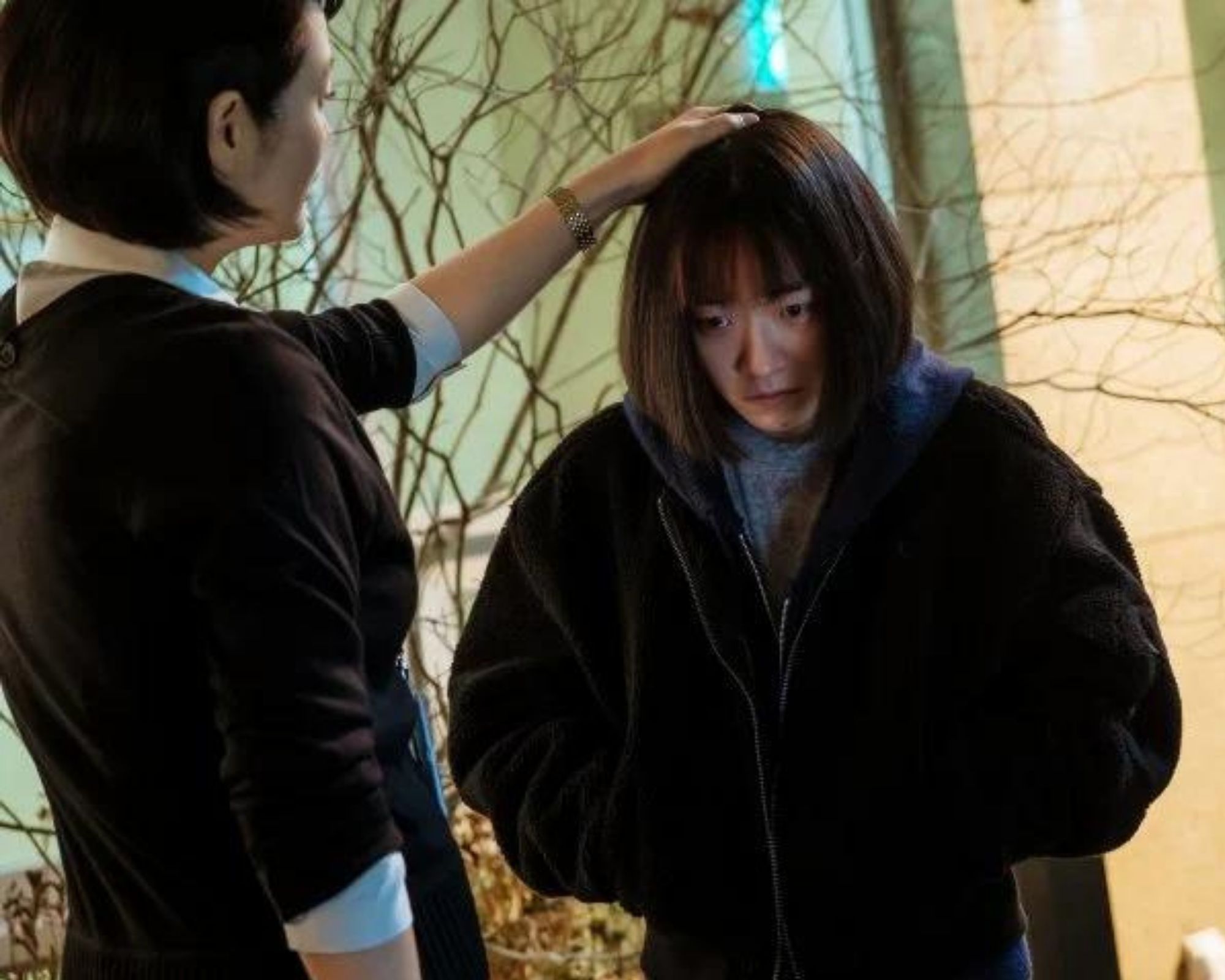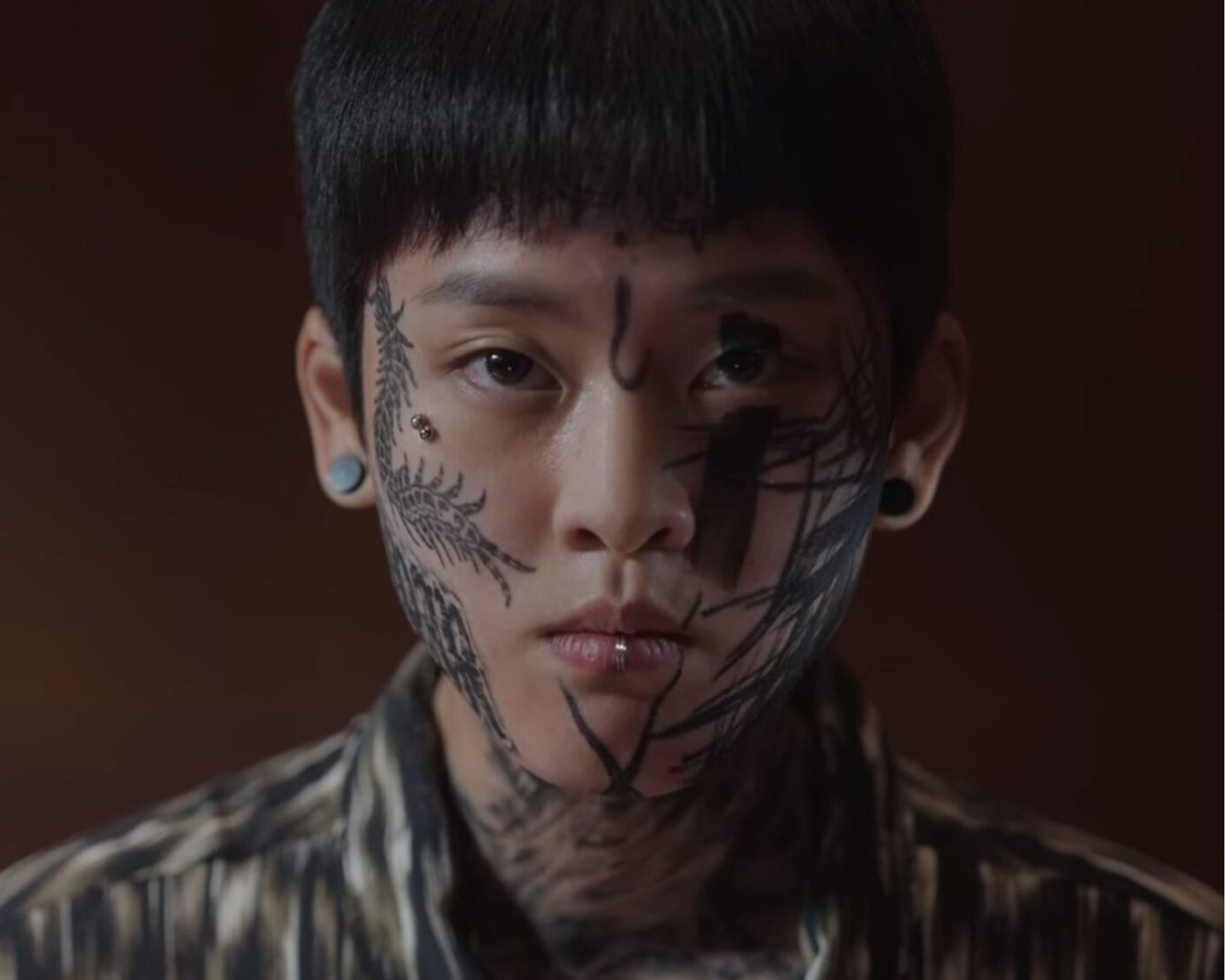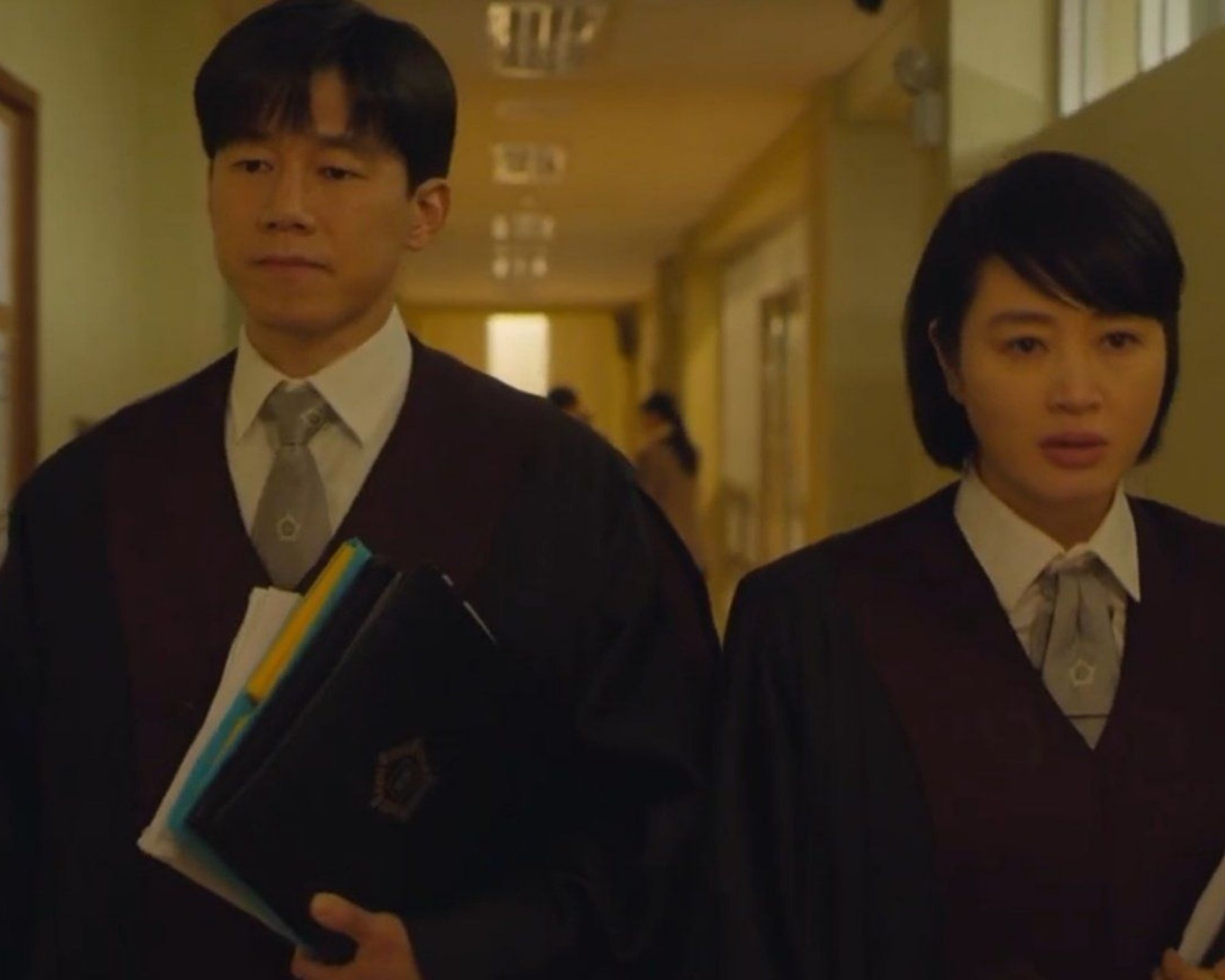Juvenile Justice – Full Review
Welcome to Juvenile Justice – Full Review. A judge, known for her strong dislike of young criminals, finds herself serving in the juvenile court system. If you haven’t watched this drama yet, I recommend checking out my unspoiled review here.
Juvenile Justice
♥ Aired: February 25, 2022
♥# of Episodes: 10
♥Where to Watch: Netflix
♥Genre: Legal Drama
♥Starring: Kim Hye Soo and Kim Mu Yeol
The Story
Shim Eun Seok is a successful judge with a reputation for being rude and abrasive. When she is transferred into the juvenile court system, she is challenged to balance her hatred of young offenders with her belief in justice. Though her attitude and methods may seem unconventional, her need to expose the truth makes her perfect for the job. But, even as she tries her best to always be fair in the face of the law, a tragic memory from her past continues to take a toll on her personal life. Meanwhile, her new co-worker and office-mate shows a more empathetic approach with his cases. His own personal backstory is the perfect reminder that with the right encouragement, these young people still have a chance to grow up as responsible, law-abiding adults.
The Leads
Kim Hye Soo as Shim Eun Seok
Judge Shim Eun Seok is beginning a new job working in the juvenile department of the court system. Her desire to see the truth revealed and justice served often gets her in trouble with her supervisor, who believes a quick verdict is more important than finding out all the facts. But experience has taught Eun Seok that there is often more to the story than what we see at first glance. And while investigations aren’t supposed to be part of her job, she can’t help wanting to dig into each case until she understands everything that happened.
As a judge, the juvenile court system is the last place Shim Eun Seok wanted to end up. Her animosity toward young offenders and the laws that often protect them, stem from her own personal experience. When her son was fatally wounded, the young boys responsible walked away without punishment or remorse. Eun Seok believes that having the system go easy on them when they are young only makes them more susceptible to more violent crimes as they grow older. Kim Hye Soo is amazing in this role. She plays the tough, no-nonsense judge perfectly. Her performance really carries this drama and her raw emotions are touching and sincere.
Kim Mu Yeol as Cha Tae Joo
Cha Tae Joo has been working in the juvenile justice deptarment for awhile. He is empathetic and personally involved with all of his cases. He is always willing to go the extra mile if it means proving a young person’s innocence or helping lessen their punishment. He is also not afraid to challenge his new co-worker if he feels like Eun Seok is being unfair or missing something in one of her cases.
Cha Tae Joo is the perfect foil for Shim Eun Seok. He is emotional and empathetic while she is all logic and cold indifference. Having been in trouble with the law himself as a young person, Tae Joo understands the need for second chances. I liked Kim Mu Yeol in this role, but I wish we could have seen a bit more character development for Cha Tae Joo. Compared to Eun Seok’s depth and backstory, Tae Joo didn’t get to show much growth personally or professionally.
Supporting Characters
Lee Sung Min as Kang Won Joong
At the beginning of the drama, Lee Sung Min is the Chief of the juvenile justice department. He has been doing the job for years and has become burnt out. He begins making plans to resign from the position so he can pursue politics. But a personal situation with his son ends his career and his political aspirations.
Lee Jung Eun as Na Geun Hee
Na Geun Hee takes over as Chief after Won Joong is forced to resign. She is strict and decisive and she expects her judges to follow her lead. She and Shim Eun Seok butt heads immediately, but over time she proves that she is willing to listen if she feels a person’s point is valid.
Kim Joo Heon as Namgoong Lee Hwan
Namgoong Lee Hwan is Shim Eun Seok’s ex-husband. Their marriage was another casualty of their son’s death. Lee Hwan is a prosecutor who keeps a close eye on Eun Seok, even though they are divorced. His true feelings for her are never fully explored, but like Eun Seok, he seems to be unable to completely move on after what happened with their son.
Things I Liked
♥ Fascinating Subject
This insight into the workings of the Korean juvenile system was very interesting. I enjoyed learning about some of the difference between Korean and American laws. And I liked that the series did a great job of highlighting the complexities of the problems without offering unrealistic answers. It was also interesting knowing that some of the cases used in this drama were based on real stories. This theme was unique and enlightening, which is what kept me engaged with the show.
♥ Open Endings
The formatting for this drama was a bit unusual, and I kind of liked it. While the storylines were episodic, they didn’t try to stick to the tried-and-true, one case per episode. Instead, each case lasted somewhere between 1 and 2 episodes, which allowed them to not rush to the end quite so quickly. Also, while each case had some kind of ending, they resisted the urge to tie everything up neatly. It’s much more realistic to leave some of the questions and conclusions open ended.
♥ Moral Messages
This drama asks some important questions about our legal systems and the way we deal with young offenders. It examines the pros and cons of rehabilitation over punishment and emphasizes the need for social responsibility. It also wrestles with the reality that the law “cannot protect every victim”. This series isn’t looking to solve the problems, but at least they are willing to bring the issues to light.
Things I Didn’t Like
Shim Eun Seok’s Background
It doesn’t seem realistic to me that any aspect of a judge’s past could be kept a secret, especially when that incident could effect her ability to do her job well. The idea that the events of her son’s death never surfaced don’t really make sense to me. It seems like a judge would have more scrutiny, both from the public and the justice department.
Too Many Topics
There were so many interesting cases and ideas presented in this drama. But there were times when I wished we could have dug into certain issues more. Tackling so many heavy and signifcant issues in 10 short episodes felt like a pretty big undertaking. Maybe if they had used several cases that all revolved around the same theme, it would have felt more cohesive.
.
Does She Hate the Criminals?
The whole premise of this series revolves around the idea that Eun Seok hates young offenders. But as the show went on, it seemed like what she was really passionate about was helping the victims and their families find closure. If a crime was deserving of punishment, she never hesitated to dole it out. But her empathy for the victims seemed like much more of a motivating factor.
The Ending
Because each case in this series ended as we went, there isn’t much breakdown needed for the ending. The boys who killed her son are charged with a whole string of serious crimes. In the court room, Eun Seok gets them to turn on each other, and the truth of their violent history is uncovered. Shim Eun Seok is brought in front of the disciplinary committee for serving on a case which she was personally involved in. Kang Won Joong makes one last appearance to ask Na Geun Hee to speak on Eun Seok’s behalf, which she apparently does, since Eun Seok runs into her on the way in. A time jump brings us full circle as Eun Seok comes back to work. As she raises her head in the first case back, she sees Baek Sung Woo, the offender from her first case. He is back with a new crime and looking much rougher from his time in detention. And if there is a season 2, I’m sure we will get a chance to catch up with what he has been up to. But for now, that is all we get.
Should I Watch
“Juvenile Justice” is a dark legal drama that exposes the harsh realities of young criminals and the challenges and temptations they face. It also looks at maximum sentences for the youth and whether a “slap on the wrist” punishment is enough. This is not a series for the faint of heart. It is violent and sadly realistic. The themes swing hard at social responsibility and often harken back to the familiar saying “it takes a village”. The cast is exceptional and the cases are riveting and veer away from easy, cookie-cutter endings. I give “Juvenile Justice” an 9 out of 10 ramen.
🍜🍜🍜🍜🍜🍜🍜🍜🍜

